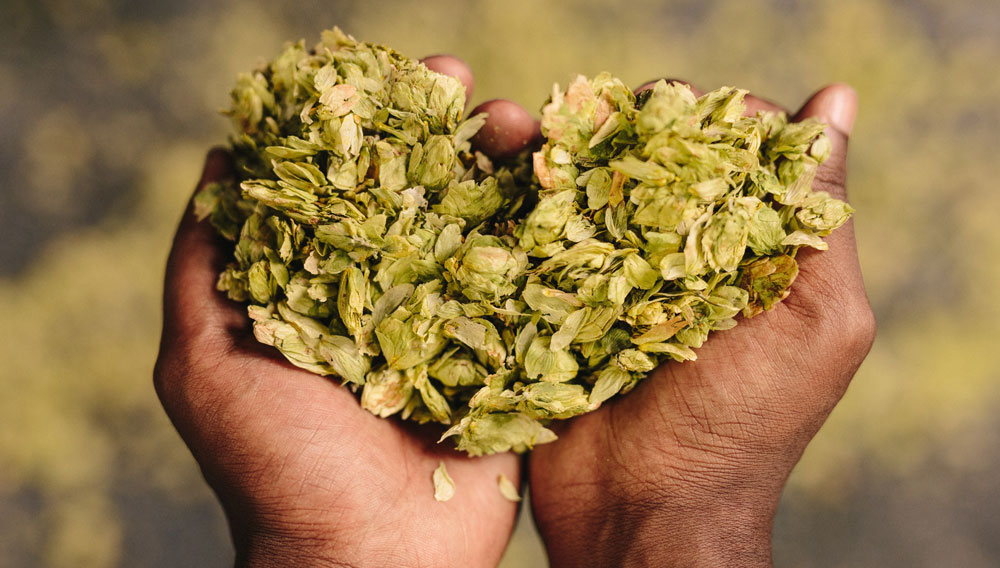Sufficient Formation and Removal of Dimethyl Sulfide (DMS) without Classic Wort Boiling
The formation and removal of dimethyl sulfide (DMS) was studied during a new method for wort production, without classic wort boiling. This was compared with classic brewing trials comprising one hour of wort boiling. The new wort production method consists of fine milling of malt under water to minimize LOX reactions, mashing-off at 95 °C, membrane assisted thin bed filtration, in-line injection of clean steam in the filtered wort and stripping of the wort while entering the combination vessel (‘boiling’ kettle/decantor), optional clean steam injection during filling of the combination vessel, and finally decantation of the hot trub in the same combination vessel.5 hours as compared to at least 3.5 hours for classic brewing using the same brewing line..
Oversized chimneys with condensate traps are installed on both the mash vessel and the combination vessel to promote removal and prevent re-entrance of unwanted volatiles, including DMS. Like in classic wort production, the contents of DMS precursor and DMS were sufficiently reduced when applying the new brewing method and DMS presented no flavour problem in the finished beer. The processing time of the innovative wort production method until the end of filling of the combination vessel and optional stripping of the wort was only 2. Therefore, application of the proposed innovative wort production method allows for preparation of significantly more brews per day with sufficient removal of unwanted volatiles.
BrewingScience - Monatsschrift für Brauwissenschaft, 63 (January/February 2010), pp. 31-40
Downloads
- Sufficient Formation and Removal of Dimethyl Sulfide (DMS) without Classic Wort


